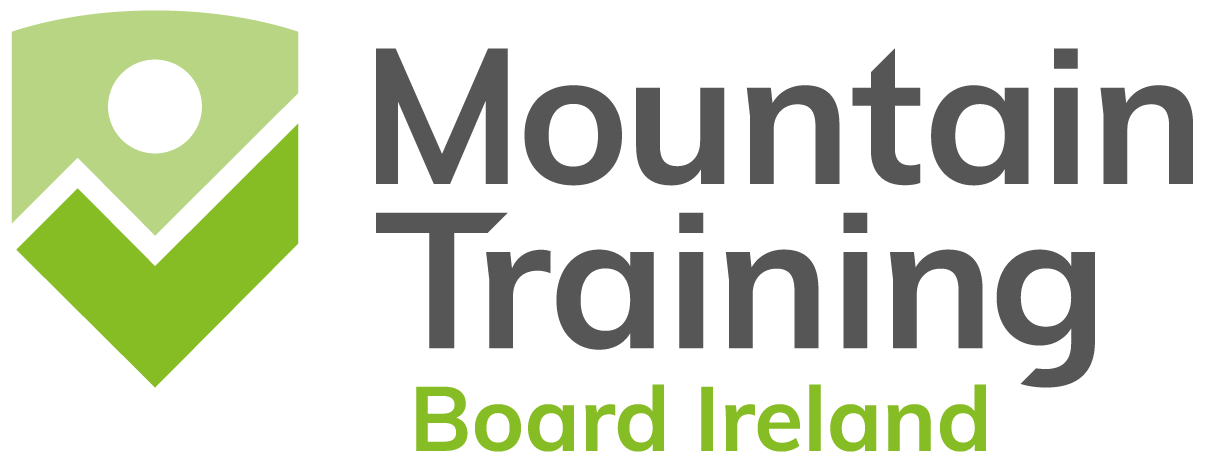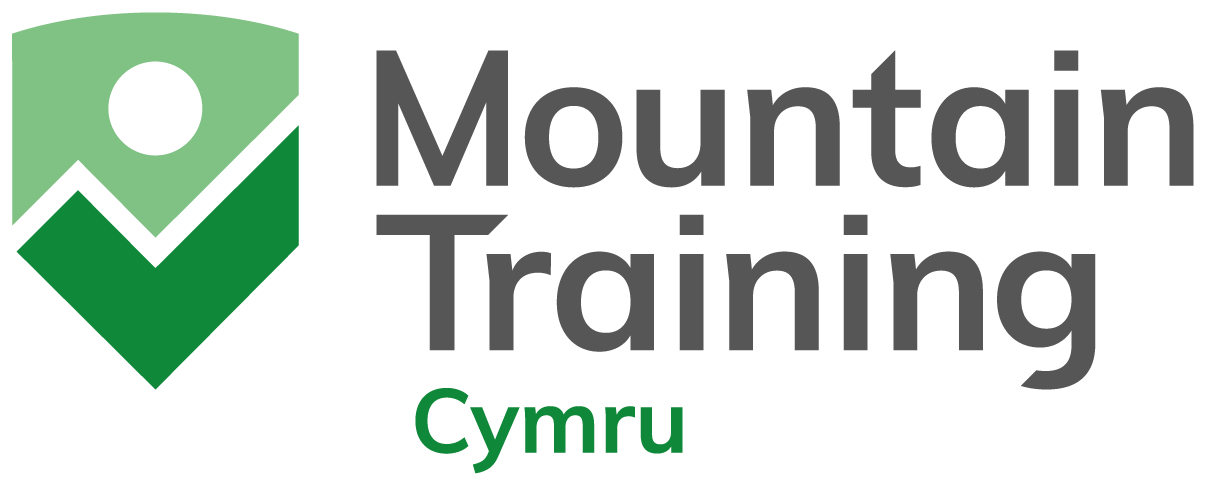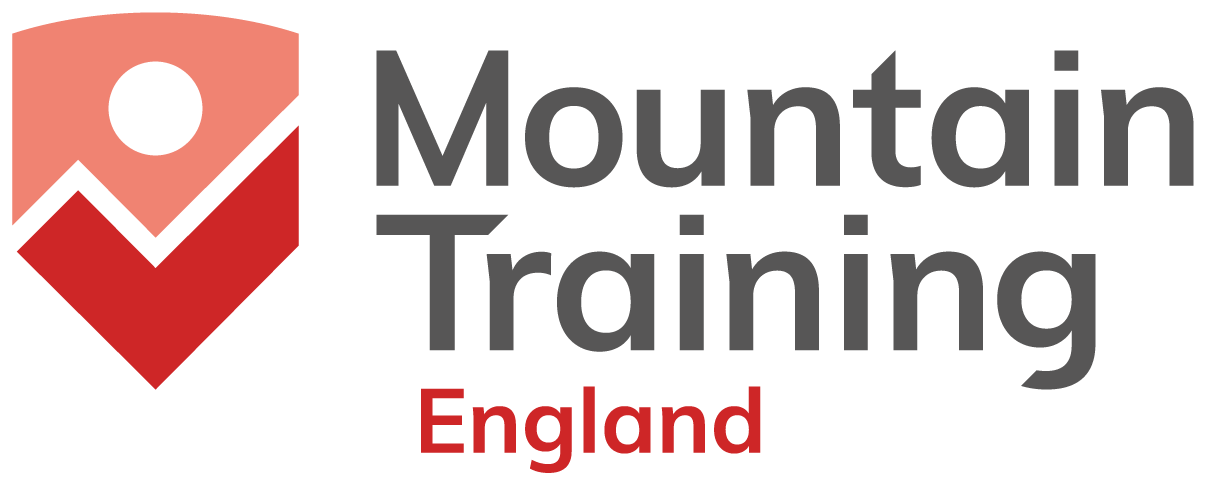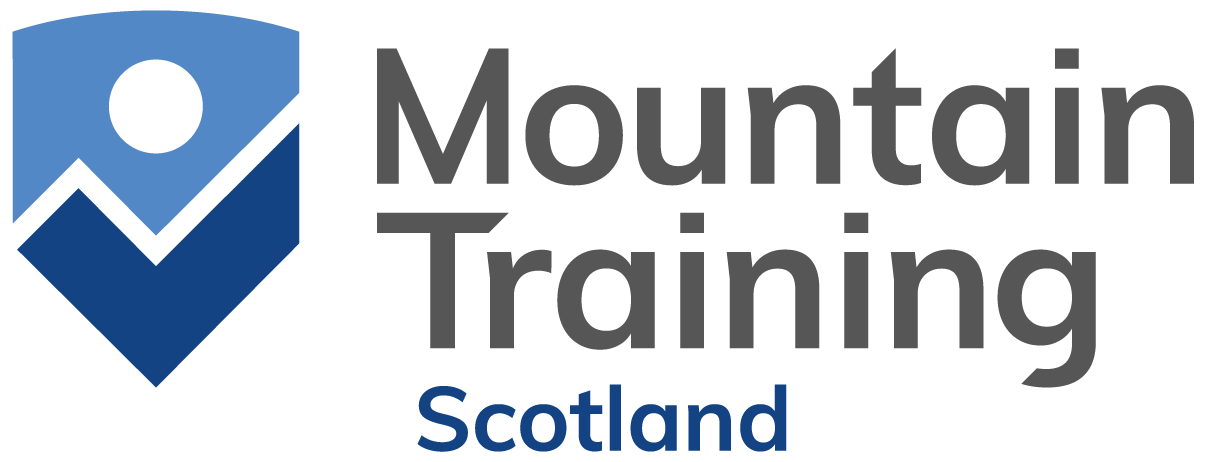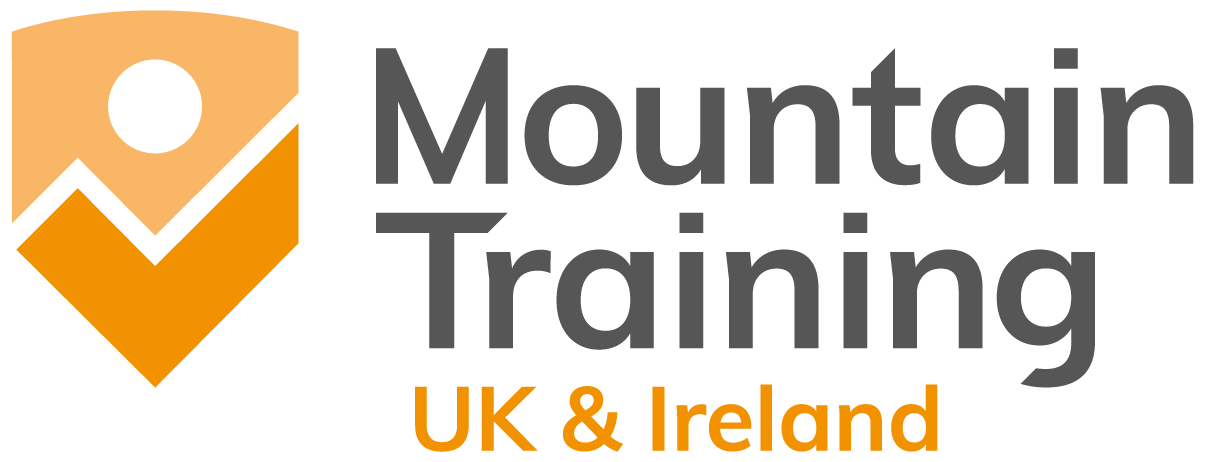
To give you some context and a little background… I am currently on the Mountaineering and Climbing Instructor pathway… (somewhere…), a holder of the Rock Climbing Instructor, Climbing Wall Development Instructor and Development Coach and have a shed load of experience delivering with all these qualifications, including working on instructor training programmes, both in-house and on NGB qualifications such as Rock Climbing Instructor, Climbing Wall Instructor and Climbing Wall Development Instructor. After an unsuccessful attempt at Mountaineering and Climbing Instructor assessment last year, I was after something to get back into the swing of things and re-focus on climbing. My action plan requires a lot of focused time and commitment to work on the things that were highlighted during the assessment, in terrain at least 200 miles away… Whereas the Rock Climbing Development Instructor was focused on ‘local’ crags which could be deemed as my home turf (well, relatively…). The Rock Climbing Development Instructor qualification would enable me to work on familiar sport and single pitch trad crags in the South and of course ‘The Wild West’, where Southerners like myself cut our teeth and learnt our trade.
Despite people advising against doing the training, with comments like, “surely you should get exemption”, “what are you going to learn on that you don’t know already?” and “wasn’t that all covered on your MIA (now Mountaineering and Climbing Instructor) training?”, I registered for the scheme. YES, I may have been able to get exemption, however I felt it would be both naïve and arrogant to think that I wouldn’t learn anything from 4 days climbing with a top AMI professional. Also, I spend my life advising up and coming instructors against going for exemption because I believe you always learn something on training courses. So with a complete open mind, I practised what I preach, and booked a training course and YES it was totally worth it. Here’s why…

All the Mountain Training qualifications are a journey of discovery and self-evaluation and of course you get a detailed ‘action plan’ at the end. After completing the training I felt that the skills covered were a natural progression from the qualifications which I had already completed. On the Mountaineering and Climbing Instructor pathway, there is a lot of ‘assumed knowledge’ and ‘self-learning’ in particular, with the syllabus being so vast. This is not necessarily a bad thing, but can leave room for potential knowledge gaps. The Rock Climbing Development Instructor bridges a lot of these gaps and ties many of the various aspects of teaching people climbing together, which can only be a good thing… particularly for an aspiring mountaineering instructor. This is also the perfect qualification for experienced Rock Climbing Instructors, coaches who work in climbing walls or coach youth squads and want to get their clients climbing outdoors on sport crags. A lot of these folk don’t have the desire to go wild camping and bag Mountain Leader days. These are people with a solid existing client base who will be able to offer their clients a more complete climbing pathway. It is refreshing that Mountain Training is accommodating this process and I hope is a sign of the future with regards to further qualification developments.
There is a healthy amount of crossover between the two qualifications, but the Rock Climbing Development Instructor has a bigger emphasis on the coaching and development of climbing related skills and techniques. These were briefly mentioned on my Mountaineering and Climbing Instructor training course (a few years ago now…) you are then left to ‘consolidate’ your skills by getting out and doing, utilizing AMI workshops and shadowing professionals. For me there was definitely information overload after 9 days learning new skills on MCI training, whereas RCDI training was more focused around refining purely climbing related skills, covered in much more detail. My perception is that they are expected to be at a high level when it comes to the assessment. The 4 day Rock Climbing Development Instructor training course I attended (the first run in North Wales, by Jez Brown) was focused and refined towards taking a novice person through the journey from indoor climbing to becoming an independent outdoor climber and was more aligned towards my own personal experience. We discussed and looked at various coaching strategies and rope systems to develop a lead climber and there was much discussion based around the processes involved and developing the judgment to decide when a person is ready to go on the sharp end. I felt that I refined a lot of existing skills over the duration of the course as well as learnt some new techniques. I was particularly interested in self-lining as I had practised a lot of this in preparation for Mountaineering and Climbing Instructor. It was great to experiment with the various kit and methods, and get hints and tips from the guys and girls who are doing it day in and day out. We climbed on a variety of different crags, different rock types and experimented with loads of different ideas which were applicable to the given scenarios.
The Rock Climbing Development Instructor demands a solid level of personal competency. The 6a sport and VS4c minimum mirrors the Mountaineering and Climbing Instructor level and is also expected to be fluid and smooth. Ideally you really need a few grades in hand. The expectation is that you are climbing whilst giving a coaching orientated commentary during your ascent, as if you were demonstrating skills to a client. It’s all about the chat whilst you show off! On top of that there are your judgment calls, route selection, what anchors you select, how slick your belays are and how you manage the safety of your 2 clients at the top of the crag. Then, what techniques you use to deliver these skills to others. Sounds like any other Rock Climbing assessment, yes? Well after feeling pretty comfortable about the syllabus, and working through the skills checklist I booked an assessment on my home turf in the ‘Wild West’, which I’m happy to say was successful. The other candidate and I became the very first qualified Rock Climbing Development Instructors! I am certainly looking forward to developing and using this new confirmed skill set with a huge grin on my face. The qualification will enable me to develop the content and increase the offering at the climbing centre I work for and from a personal point of view, I feel that I have banked a skill set which will enable me to re-focus on the Mountaineering and Climbing Instructor journey.

What did you do to prepare for assessment?
I work as Operations Manager at Reading Climbing Centre and run the outdoor climbing programme. We currently have a ‘learn to sport climb’ course which is very popular. We facilitated this with an in-house sign-off from Joby Davis, so now that I’m a qualified Rock Climbing Development Instructor we can increase the scope of the course. Between training and assessment we ran a few of these. I also worked on some Rock Climbing Instructor courses, so practised teaching people to place gear, equalise anchors etc... and practised self-lining whilst they were leading. Along with the regular indoor coaching which I do, and my personal climbing the assessment felt like second nature (although at the time I would be lying if I said I wasn’t a bit anxious/nervous)! So I suppose my preparation was varied, but relied heavily on previous experience from Mountaineering and Climbing Instructor preparation. The client day was great, at the end of the day that’s what it is all about... taking people climbing and teaching them stuff!
In summary, you have to have your own reasons to pursue any qualification and no doubt there will be both setbacks and success along the way. If you are thinking about doing the Rock Climbing Development Instructor qualification, (or any other Mountain Training qualification) my advice is get on it… it won’t disappoint. Weigh up the pros and cons, and if its more pro then con, then the sooner you get the training done the more focused your consolidation will be, and the closer to assessment you are. Take every experience as it comes and remember every day is a school day.
Photos of Andy climbing by Jez Brown.
